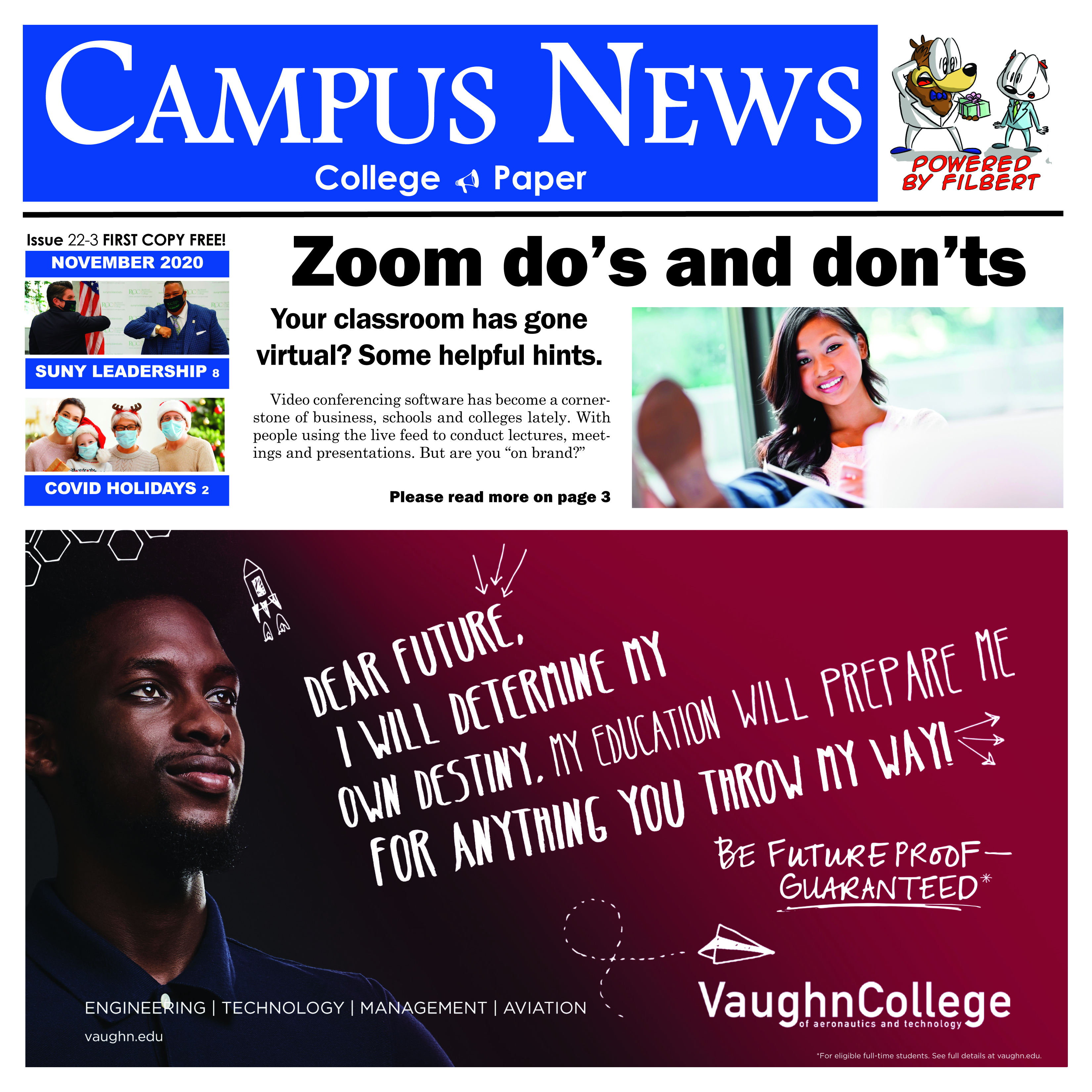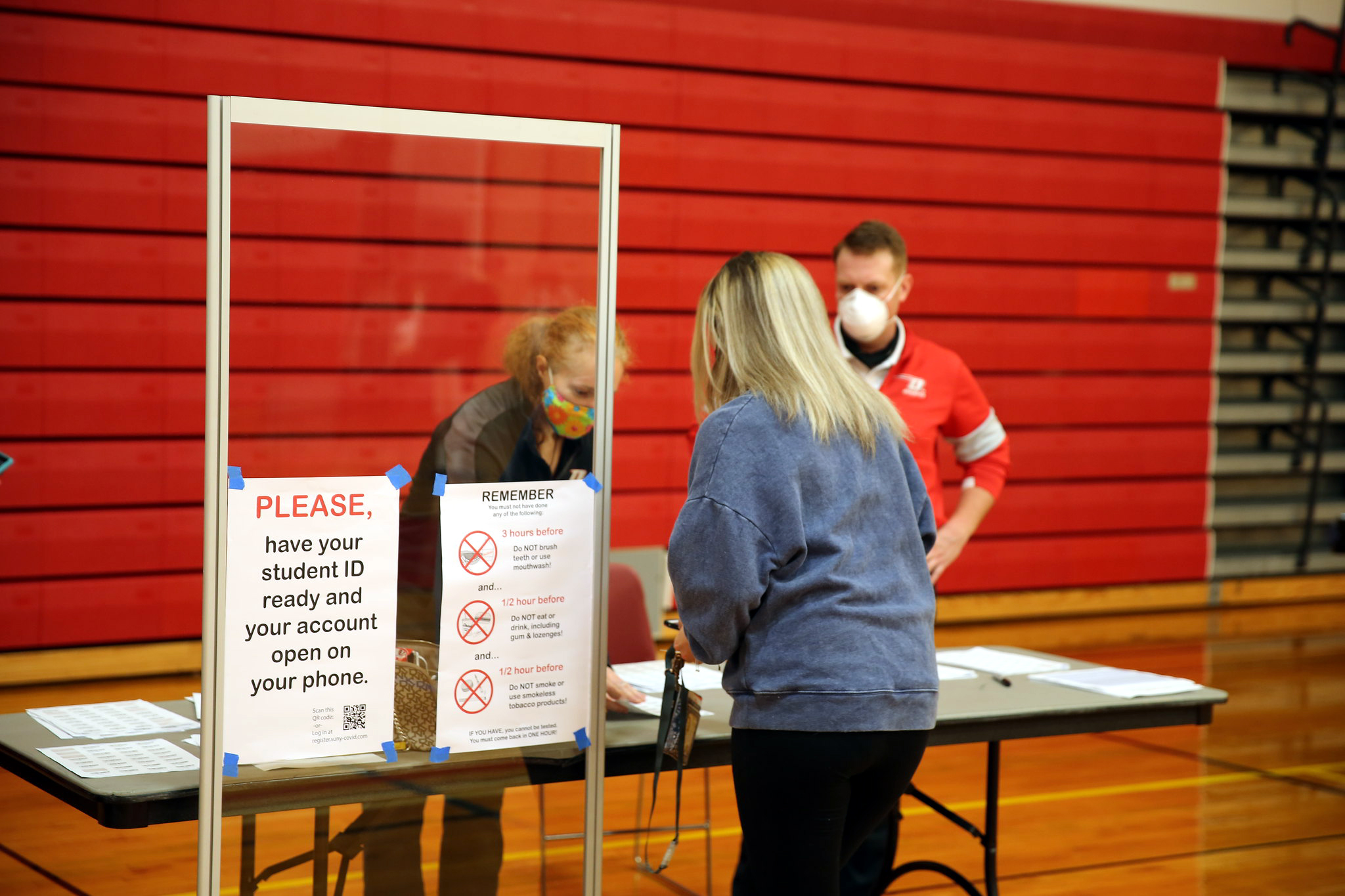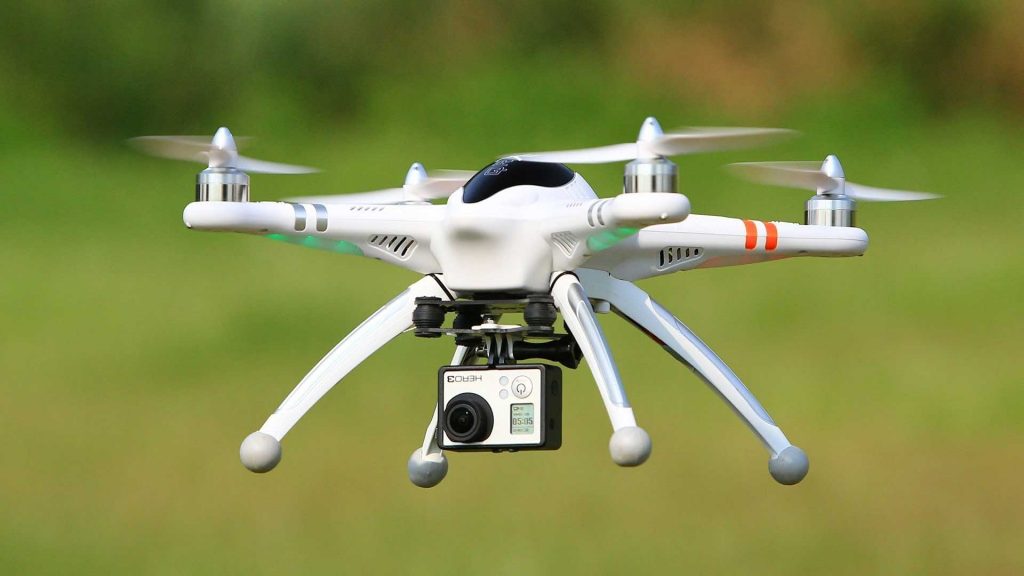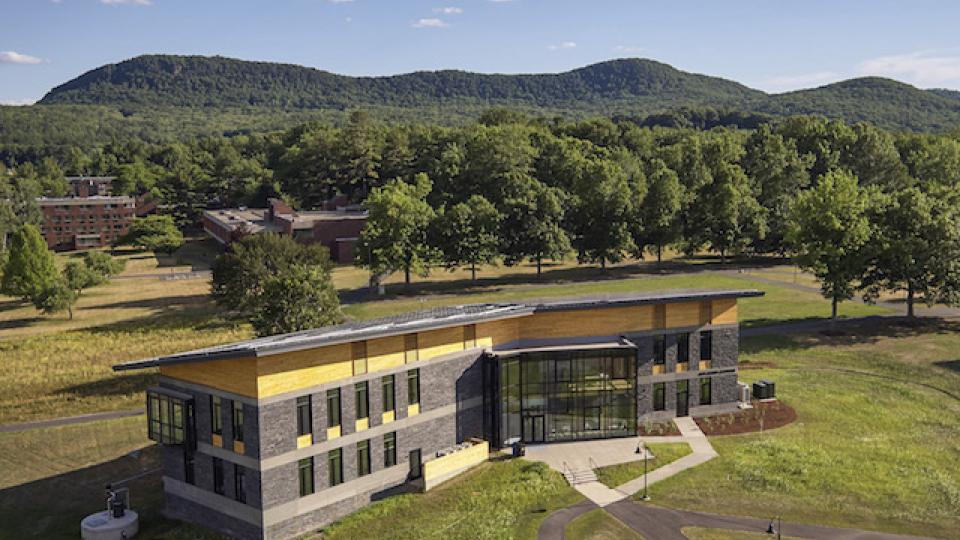As New York State and the nation continue to grapple with the unprecedented challenges posed by COVID-19, State University of New York Chancellor Jim Malatras today outlined a sweeping, system-wide plan that will allow campuses to safely return to in-person instruction for the spring semester, subject to any changes in federal or New York State guidance. Developed in consultation with public health experts within the university system, as well as campus, faculty, student, and union leadership, the plan combines a series of new protocols with proven strategies already being employed across SUNY’s colleges and universities.
Pictured: Testing at SUNY Oneonta this fall (courtesy SUNY).

Main components of the comprehensive plan include:
- All students to be tested for COVID-19 upon return.
- Pushing the start date of the spring semester for in-person instruction until February 1, 2021.
- The cancellation of spring break in 2021.
- All returning students must complete a seven-day precautionary quarantine prior to their arrival on campus.
- Mandatory mask wearing at all times, even with social distancing.
- A “What Students Should Know” plain language information note to be sent to all students so they know what to expect this spring at individual campuses, such as how many courses will be online, hybrid, or in person.
“With COVID-19 surging nationwide, and with increased cases in New York, SUNY has devised a comprehensive plan to keep this virus at bay throughout the flu season and through the spring semester,” said Chancellor Malatras. “We’ve demonstrated this past fall that by implementing an aggressive strategy to manage COVID, students can safely return to campus. These additional efforts—testing all students upon return, ongoing testing throughout the semester, pushing out the start of the spring semester, and mandatory masks at all times, coupled with uniform enforcement and compliance—illustrates that SUNY is setting a nationwide standard for controlling COVID-19 in the weeks and months to come. I have talked with countless students since August who have made tremendous sacrifices so that they can stay on campus and learn. Our students have done a remarkable job given the circumstances. This aggressive strategy gives us the best chance to return our students once again to classrooms in early 2021. But as we know, this is a fluid situation so we will continue to adapt and be flexible as issues emerge.”
Mandatory Testing of All Students Upon Return to Campus & Continued Surveillance Testing Throughout the Semester
Any student planning to live, work, or take classes on campus, or utilize campus facilities such as the library, gym, or dining hall must test for COVID-19 when they return for the winter and/or spring semester. Students must first confirm that they have completed a seven-day precautionary quarantine prior to returning to campus. They must then either present evidence of a negative COVID-19 test taken within three days prior to their return, or submit to a campus-administered upon arrival—but no later than five days after their return to campus. Students who present documentation of a positive diagnostic test within the prior three months are exempt from the return test.
In addition to mandatory pre-testing, all students must complete a seven-day precautionary quarantine prior to returning to campus.
SUNY has the capacity to process approximately 200,000 COVID-19 tests per week, thanks in large part to the cutting-edge, FDA-approved saliva test developed by SUNY Upstate Medical University.
Pursuant to SUNY’s mandatory surveillance testing program announced back in September, colleges will resume regular surveillance testing for students, faculty, and staff as on-campus services resume. Since August, SUNY has conducted 371,701 COVID-19 tests with an overall positivity rate of 0.48 percent.
Push the Start of In-Person Instruction for the Spring Semester Until February 1
To reduce additional risks associated with flu season, winter term instruction will be fully remote, and spring term instruction must remain remote until February 1. During this timeframe, exceptions will be granted for clinical practicums, specialized research, and applied learning experiences that require students to be physically present. Campuses must notify SUNY System Administration of any courses that require in-person instruction. Pooled surveillance testing will remain available for students engaged in this type of hands-on coursework during this timeframe.
Spring Break Cancelled to Limit Potential Spread of the Virus
Given the risks associated with COVID-19 spread and travel, spring break and other holiday break periods are cancelled for all SUNY campuses. Campuses are allowed to build in single-day, midweek reading days throughout the semester as an alternative instructional pause. If colleges opt to do so, students will be highly discouraged from leaving campus. Any on-campus services in support of religious observances must follow normal density, face-covering, and quarantine/isolation protocols.
Masks at All Times
Face coverings will now be required in classrooms, conference rooms, and all other public spaces where students are not by themselves, even when six feet of social distancing is possible. Students eating in dining halls must be seated and remain socially distanced.
“What Students Should Know”
Campuses will provide a clear, plain language notice on “What Students Should Know” to all students. SUNY System Administration will develop a template for campuses to customize. This notice should provide information that includes but is not limited to: testing requirements; mandatory quarantine and isolation; uniform compliance; and the percentage of courses which will be offered in-person and virtual, so they can make informed decisions about their educational experience. The informational “What Students Should Know” notice will include links or additional information about the specific policies.
Data Transparency Continues
Just as they have this fall, colleges will report positive cases daily via SUNY’s easily accessible COVID-19 Case Tracker. The database tallies tests and active cases by campus and provides trends and positivity rates in rolling three-, seven-, and 14-day intervals, allowing people to understand the trajectory of the virus at any given time.
Also mirroring the fall semester and in accordance with New York State of Department of Health guidance, colleges that eclipse either 100 active cases or an on-campus positivity rate above five percent within prescribed two-week windows must pause in-person learning and activities for two weeks. All campus dining and food service options must also be converted to take out and delivery. In these scenarios, residential facilities remain open and students stay on campus.
Students with Special Circumstances
To protect students’ families and hometown communities and prevent community spread, SUNY is requiring testing for approximately 140,000 students prior to their departure from campus for Thanksgiving break. From that point on, the majority of students will complete their fall coursework remotely off-campus.
However, students with special circumstances or facing unique challenges can request permission to remain on campus between Thanksgiving and the start of the spring semester. Those granted permission will be routinely tested for COVID-19. These students will have access to meals. Trained staff will remain on campus and attendant to students’ needs, and can connect students who feel isolated or lonely to mental health and wellness services.
In October, recognizing the nationwide uptick in mental health and wellness needs due to the impact of COVID-19, SUNY expanded access to mental health services to every student. The expansion included a new partnership with Thriving Campus, an app that more effectively connects students to a network of more than 6,000 licensed mental health services providers in their geographic vicinity. It also expanded both tele-counseling and peer-to-peer assistance services.
Campuses will continue to assist students with access to devices and internet connectivity in order for students to be successful with remote instruction.
Uniform Enforcement Standards
Chancellor Malatras’ uniform emergency disciplinary standards will be extended through the spring semester so that every effort can be made to ensure compliance with the necessary COVID-19 safety protocols. The uniform policy was drafted in consultation with campuses across the system. The vast majority of students are complying. Students who violate COVID-19 safety protocols face immediate academic and housing suspension, as well as possible dismissal, and student organizations in non-compliance face a permanent campus ban.
Bonus: The Comics (Click on Other Stories to See More Comics)
“Broom Hilda” by Russell Meyers. In agreement with TCA. Click to Expand.







Facebook Comments